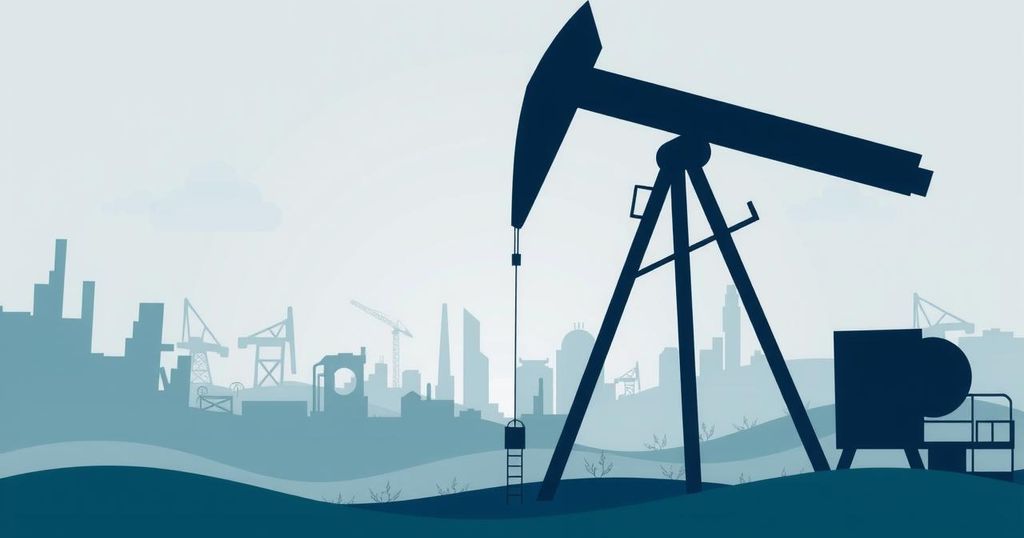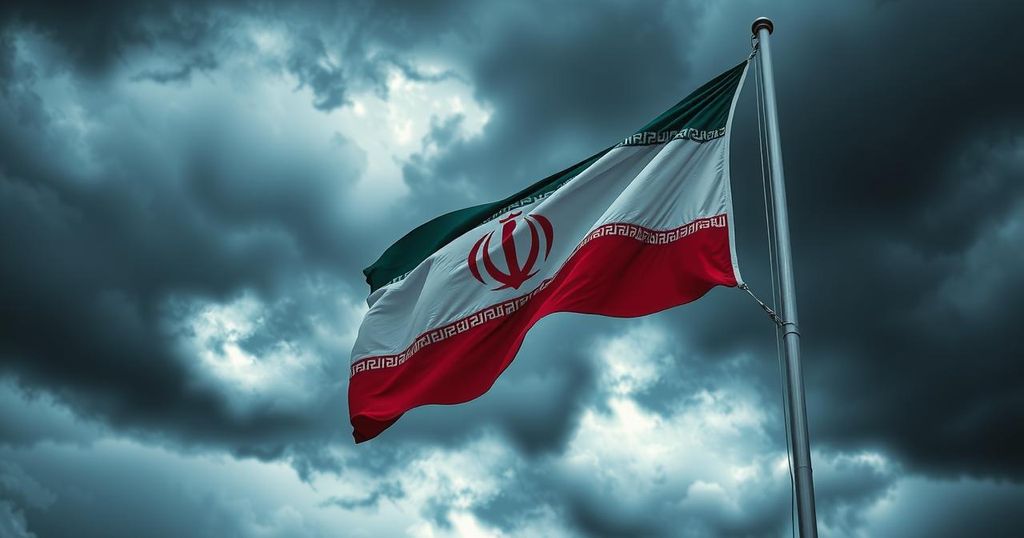Former President Donald Trump’s cancellation of oil licenses for operations in Venezuela threatens to worsen inflation, as it decreases foreign currency availability. This decision poses serious challenges to President Maduro’s administration, heavily reliant on oil exports for national income. Analysts estimate a potential loss of up to $4.5 billion in oil revenue, exacerbating the already fragile economic climate in the country.
The cancellation of oil licenses by former U.S. President Donald Trump is likely to exacerbate inflation in Venezuela. Analysts indicate that the move will diminish available dollars in the exchange market, consequently depressing the value of the bolivar currency and increasing prices. This development represents another economic obstacle for Venezuelan President Nicolas Maduro, who has implemented traditional measures aimed at controlling inflation, such as limiting credit and public spending.
According to economist Jose Guerra from the Venezuelan Finance Observatory, the suspension of oil licenses will lead to decreased oil production, diminishing demand for oil sector services and resulting in fewer royalties and taxes. This impact will likely hinder the flow of foreign currency into the country and accelerate devaluation. Venezuela relies heavily on its oil exports, with over 85% of its national income derived from crude sales.
Since the initiation of sanctions against Venezuela’s energy sector in 2019, individual export licenses have been granted to certain companies, enabling them to operate under specific conditions. In late 2022, President Joe Biden’s administration extended a renewable license to Chevron to re-enter the market and address significant debt recovery. However, Trump has since revoked Chevron’s license, citing a lack of electoral reform progress by the Maduro administration.
The political climate surrounding the disputed Venezuelan elections and Trump’s potential reelection campaign has raised uncertainty, prompting a decline in dollar supply and a subsequent depreciation of the local currency, which has fallen by more than 30%. Analysts estimate that Chevron and other foreign partners contributed significantly to Venezuela’s oil revenue, with a potential loss ranging from $4 billion to $4.5 billion due to these cancellations.
Following the cancellation of licenses, Venezuela’s dollar bonds experienced significant drops, indicating a decrease in investor confidence. The news further stalled expectations for debt restructuring, which had gained momentum prior to the controversial elections. Analysts suggest that Trump’s announcement may serve as a strategic negotiation tool, possibly even threatening increased deportations of Venezuelan migrants, which could further destabilize the country’s economic situation.
Chevron’s involvement provided a much-needed influx of dollars for the Venezuelan central bank, reducing the pressure to provide the total dollar amount in the market. Although inflation had reportedly closed at 48% for the previous year, projections indicate that further currency depreciation could elevate consumer price increases to as high as 80%. Limited foreign exchange availability will hinder private sector growth significantly, according to Conindustria head Luigi Pisella.
In conclusion, the cancellation of oil licenses by former President Trump is poised to deepen Venezuela’s economic troubles by decreasing available foreign currency and contributing to inflation. This move could lead to further devaluation of the bolivar, and compounded economic challenges for President Maduro’s administration. As the situation evolves, the private sector’s growth will likely remain constrained, highlighting the impact of external political decisions on Venezuela’s economy.
Original Source: www.tradingview.com




